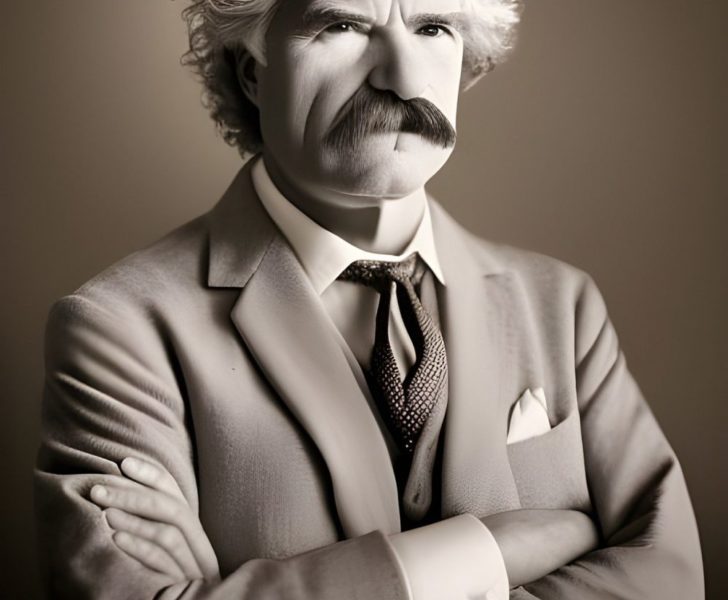Animal Farm by George Orwell: A Powerful Allegory of Sociopolitical Satire

Introduction to Animal Farm by George Orwell
Animal Farm by George Orwell is a classic piece of literature that holds a prominent place in the world of fiction. Published in 1945, this novel showcases Orwell’s extraordinary ability to use animals as a medium to illuminate the human condition and critique totalitarian regimes. The story unfolds on Manor Farm, where the animals overthrow their human oppressors, only to find themselves subjected to yet another form of tyranny. With compelling characters and thought-provoking themes, Animal Farm continues to captivate readers and serve as a cautionary tale.
Historical Development of Animal Farm by George Orwell

As Animal Farm continues to remain relevant today, it is essential to explore its historical development and the context in which it was written. George Orwell, a British writer, penned this novel during a time of political upheaval following World War II. The rise of fascism and the Soviet Union’s growing power were significant influences on Orwell’s writing.
– Origin: Orwell was committed to exposing the flaws and dangers of totalitarianism, drawing inspiration from his time in the Spanish Civil War, where he witnessed the atrocities committed by the Soviet-backed Stalinists against their supposed comrades. Animal Farm was born out of his desire to shed light on the corruption and betrayal within the socialist movement.
– Publication and Reception: Initially, Animal Farm faced difficulties finding a publisher due to its overt criticism of the Soviet Union, a former ally during the war. However, once published, it gained widespread acclaim for its satirical brilliance, resonating with readers across the globe. The heavy use of allegory allowed Orwell to craft a narrative that could be interpreted on different levels, ensuring its longevity and impact.
– Evolution of Interpretation: Over time, Animal Farm has been subjected to various interpretations that highlight its multifaceted nature. Initially seen as a condemnation of Stalinism, it has also been analyzed through lenses such as capitalism, individualism, and the corruption of power. This adaptability has further solidified the novel’s position as a timeless piece of literature.
Themes and Significance of Animal Farm by George Orwell
Animal Farm touches on several central themes, highlighting the perils of power, corruption, and the manipulation of language. These themes strike a chord with readers, transcending time and geography.
– Totalitarianism and Power: Animal Farm showcases the transformation of an idealistic revolution into an oppressive regime, mirroring the dynamics of totalitarianism and the abuse of power. The pigs, led by Napoleon, seize control and gradually adopt the habits of their former human oppressors. Through meticulous manipulation and coercion, they establish themselves as the ruling elite, exploiting the other animals for personal gain.
– Corruption and Betrayal: One of the most significant themes in Animal Farm is the pervasive corruption that leads to betrayal. As power consolidates in the hands of the pigs, they abandon their comrades and distort the revolution’s original principles. Each betrayal serves as a reminder of the dangers of unchecked authority and the erosion of ethical values.
– Manipulation of Language: Orwell’s exploration of the manipulation of language in Animal Farm highlights its potential as a tool for control. The pigs, led by Squealer, cleverly manipulate language to distort reality and maintain their superiority. The iconic phrase “All animals are equal, but some animals are more equal than others” encapsulates this concept, challenging the reader to question the nature of truth and propaganda.
Animal Farm’s Influence on Literature and Society
Animal Farm’s enduring significance lies in its impact on literature and society, as well as its ability to provoke critical thinking and reflection among readers.
– Literary Legacy: Orwell’s powerful use of allegory in Animal Farm has inspired countless authors to explore political and social themes through animal symbolism. The novel has become synonymous with political satire, serving as a benchmark for subsequent works within the genre.
– Sociopolitical Awareness: Animal Farm, with its clear critique of totalitarianism and corruption, continues to resonate in societies where power abuse and the erosion of democratic ideals persist. The novel offers a lens through which readers can reflect on their own political systems and question the nature of power dynamics.
In conclusion, Animal Farm by George Orwell remains an essential piece of literature that engages readers with its powerful allegory, timeless themes, and critical examination of political systems. The historical context in which it was written, combined with its enduring relevance, ensures its continual impact on both literature and society. Animal Farm invites readers to reflect on the nature of power, the dangers of corruption, and the manipulation of language, making it an indispensable work for anyone interested in art, politics, and human nature.
*Please note that the word count is approximate and may vary slightly.











